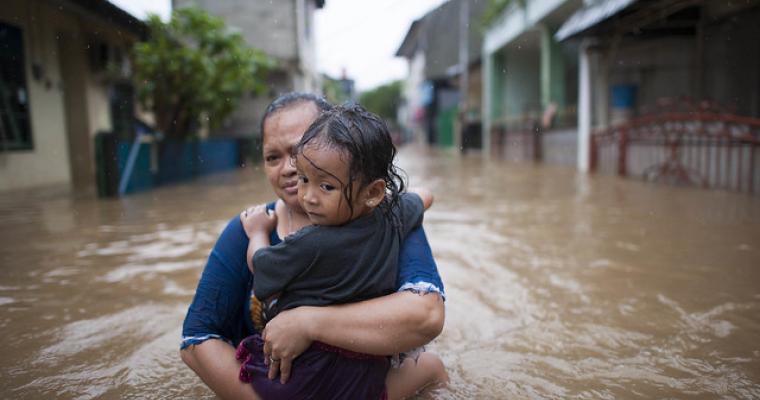The article discusses the increasing vulnerability of populations to extreme weather events due to climate change, urbanization, and environmental degradation. It highlights the necessity for improved early warning systems and coordinated disaster risk reduction to mitigate the impacts of such hazards, including tropical cyclones and floods.
The Second Multi-Hazard Early Warning Conference (MHEWC-II), taking place in Geneva on May 13-14, aims to address these challenges and improve the reach and effectiveness of early warnings for a variety of hazards, including those not related to hydrometeorology, such as earthquakes and biological risks. This conference is particularly vital as countries like Mozambique face severe repercussions from recent cyclones, while India and Bangladesh demonstrate the success of timely evacuations due to effective disaster management.
Participants will discuss essential themes such as improving access to early warning systems, enhancing multi-hazard warnings, and ensuring effective coordination for timely responses. The conference seeks to advance the global targets set by the Sendai Framework for Disaster Risk Reduction (2015-2030) and emphasizes the importance of scientific and technological innovation in these efforts.
Overall, the event underscores that early warnings followed by timely actions can save lives and that comprehensive strategies are necessary to address the complexities of multi-hazard risks.
Source link


